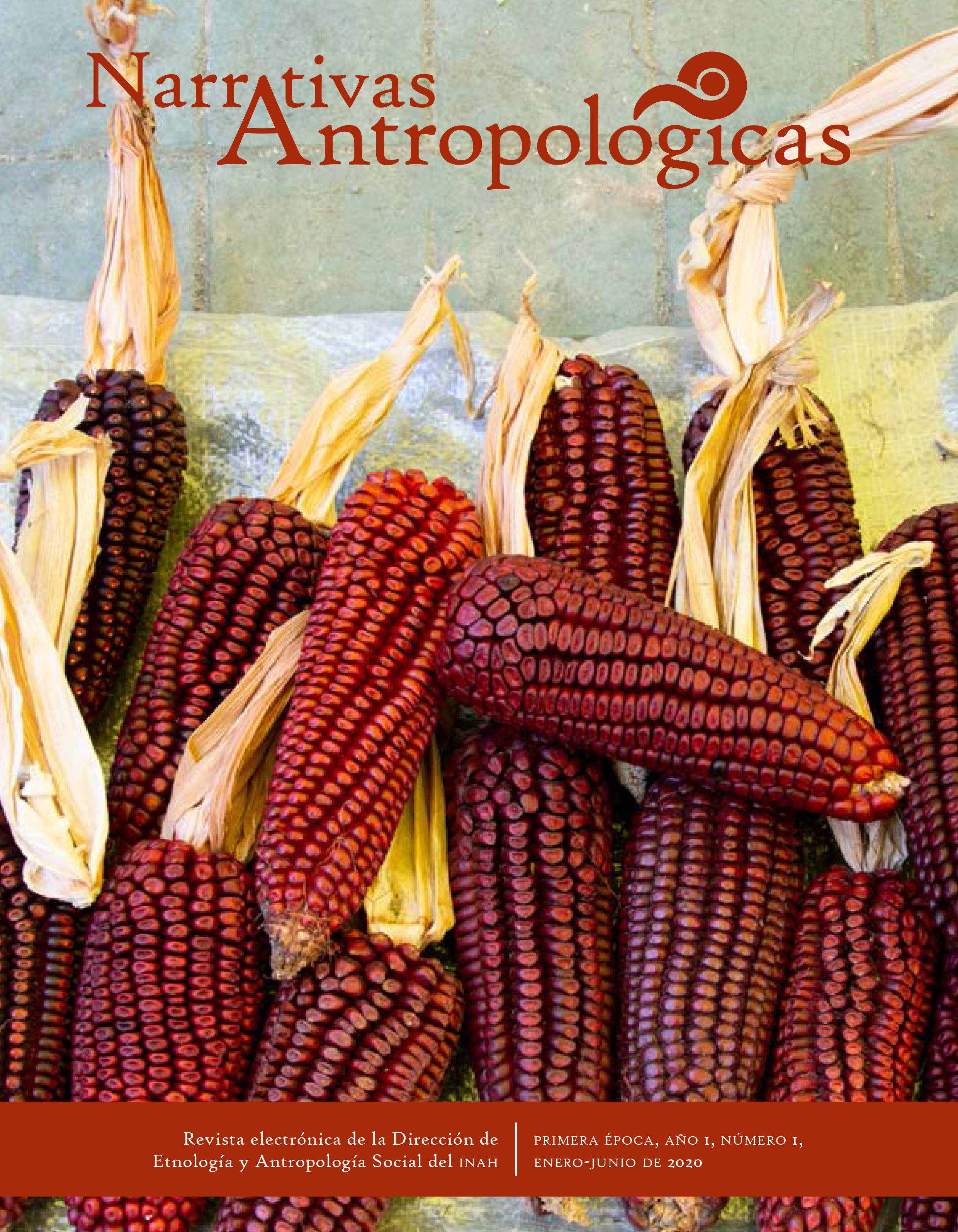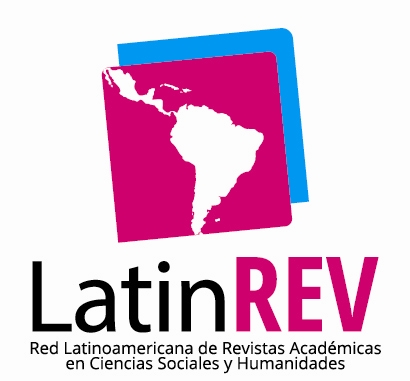The dispute for water: An approach to the defense of knowledge and common goods in contexts of dispossession
Keywords:
nahuas de Pahuatlán; agua; Atlanchane; disputa; bienes comunes.Abstract
The text illustrates the dispute surrounding water as a material, symbolic and political resource for the Nahua community of Atla, in the Sierra Norte de Puebla. From the perspective of symbolic anthropology, Acosta shows the divergence between rationalities and different valuation languages about “water.” On the one hand it is personified as Atlanchane or la Sirena (the Mermaid), recog- nized as a life-giving entity, and whose proper veneration and celebration guarantees the social reproduction of the community. On the other hand, its “reification” is evident in the ambition of the instrumental management of sources and springs by partisan groups that control local political power. The emphasis on the symbolic value of water takes on relevance in a context marked by a huge number of megaprojects and territorial intervention plans. In this sense, the contribution of knowledge produced by ethnographic and anthropological practice becomes evident as an argu- mentative tool against extractive processes.
Downloads
References
Giovanna Gasparello, “Entre ríos y montañas. Construcción de imaginarios territoriales y de subjetividades sociales en las resistencias a los megaproyectos en Guerrero” (manuscrito, 2017).
Eladio Domínguez, entrevista, Atla, septiembre de 2009.
Leopoldo Trejo, Mauricio González, Carlos Heiras e Israel Lazcarro, “Cuando el otro nos comprende: los retos de la interculturalidad ritual”, Cuicuilco. Revista de la Escuela Nacional de Antropología e Historia 16, núm. 46 (2009), 251-272.
Mijaíl Bajtín, Estética de la creación verbal (México: Siglo XXI, 2003).
Amnistía Internacional, “Amnistía Internacional adopta dos presos de conciencia en Puebla”, acceso el 29 de abril de 2019, https://www.es.amnesty.org/en-que-estamos/noticias/noticia/articulo/amnistia-internacional-adopta-dos-presos-de-conciencia-en-puebla/.[7] Marcel Mauss, The Gift: Forms and Functions of Exchange in Archaic Societies (Londres: W. W. Norton, 1954).
Christopher Gregory, Gifts and Commodities (Londres: Academic Press, 1982).
Maurice Godelier, El enigma del don (Barcelona: Paidós, 1998).
Marilyn Strathern, “Entangled objects: detached metaphors”, Social Analysis 34, núm. 4 (1993), 88-101.
Eduardo Viveiros de Castro, “Le don et le donné: trois nano-essais sur la parenté et la magie”, Ethnographiques.org 6 (noviembre de 2004), acceso el 29 de abril de 2019, http://www.ethnographiques.org/2004/Viveiros-de-Castro.
Gerardo Pérez Muñoz, “Proyectos de muerte” (manuscrito, 2018).
Raymundo Espinoza Hernández, “La resistencia indígena frente al gasoducto Tuxpan-Tula”, La Jornada, 15 de febrero de 2018, acceso el 29 de abril de 2019, https://www.jornada.unam.mx/2018/02/15/opinion/018a1pol.
Jesús Antonio Machuca, “La noción de patrimonio intangible en relación con el territorio sagrado”, en Carmen Morales y Mette M. Wacher, Patrimonio inmaterial. Ámbitos y contradicciones (México: INAH, 2012), 67.








